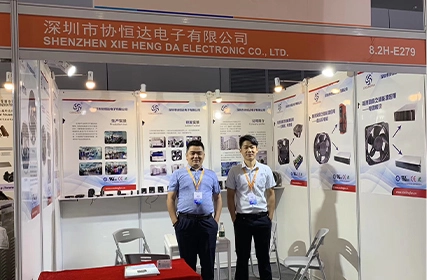DC fans have become increasingly popular in various industries due to their high efficiency and superior performance. Compared to their AC counterparts, DC fans offer several unique advantages that contribute to their efficiency. In this article, we will explore the reasons behind the efficiency of DC fans and why they have emerged as leaders in the industry.
The Unique Advantages of DC Cooling Fans
One of the primary advantages of DC cooling fans is their ability to operate at variable speeds. Unlike AC fans, which only run at a fixed speed, DC fans can be adjusted to different speeds, allowing for better control over the airflow. This feature is particularly useful in applications where precise temperature control is required, such as in server rooms or electronic devices. By optimizing the speed of the fan, energy consumption can be minimized, resulting in enhanced efficiency.
Furthermore, DC fans have a compact design that allows for easy installation in limited spaces. This is especially beneficial in environments where space is a constraint. The compact size of DC fans also enables them to be integrated into various equipment and machinery without adding excessive bulk or weight.
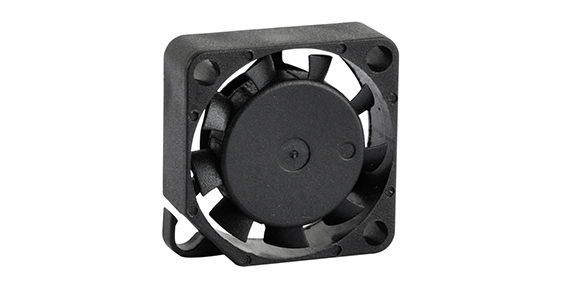
The Science Behind Why DC Cooling Fans Are More Efficient
The efficiency of DC fans can be attributed to their unique technology and design. Unlike AC fans, which rely on electromagnetic induction to generate airflow, DC fans utilize a direct current to power their motor. This direct current facilitates more efficient energy conversion, resulting in reduced power consumption.
Additionally, DC fans employ brushless DC motors, which offer several advantages over traditional brushed motors. Brushless motors have a longer lifespan, generate less heat, and require minimal maintenance. These motors also produce less noise and vibrations, making them ideal for applications where noise reduction is crucial, such as in medical equipment or audio devices.
Understanding Why DC Cooling Fans Lead in Efficiency
DC fans are not only efficient in terms of energy consumption but also offer superior performance. Axial cooling fans, a type of DC fan, are particularly renowned for their high efficiency. These fans consist of a hub with blades that rotate and generate airflow along the axis of rotation. This axial flow design allows for efficient heat dissipation by pushing air directly over a heat source, ensuring effective cooling.
Moreover, DC fans are equipped with advanced control mechanisms that contribute to their efficiency. Many DC fans feature built-in speed control options, allowing users to adjust the fan speed according to the cooling requirements. By tailoring the fan speed to the specific application, energy consumption can be optimized, resulting in increased efficiency.
In conclusion, DC fans, especially axial cooling fans, have emerged as leaders in efficiency due to their unique advantages and technology. Their ability to operate at variable speeds, compact design, and utilization of brushless DC motors contribute to their high efficiency. Furthermore, the science behind DC fans, such as their direct current power supply and axial flow design, enhances their performance and ensures effective cooling. With their superior efficiency and performance, it is no wonder that DC fans are increasingly preferred in various industries.


 EN
EN 
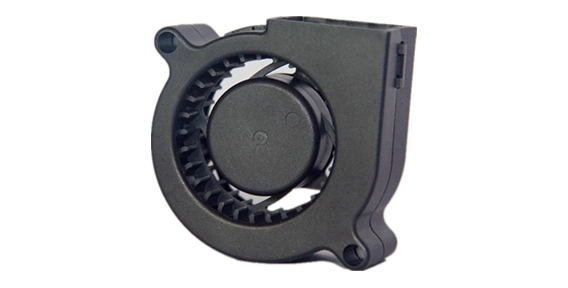 +
+
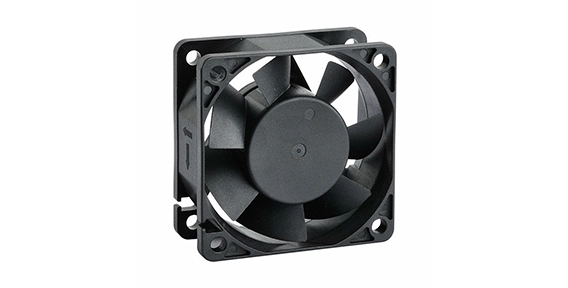 +
+
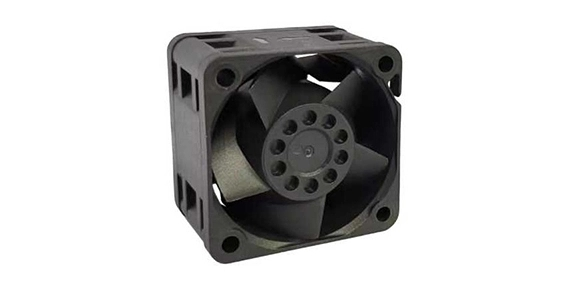 +
+

